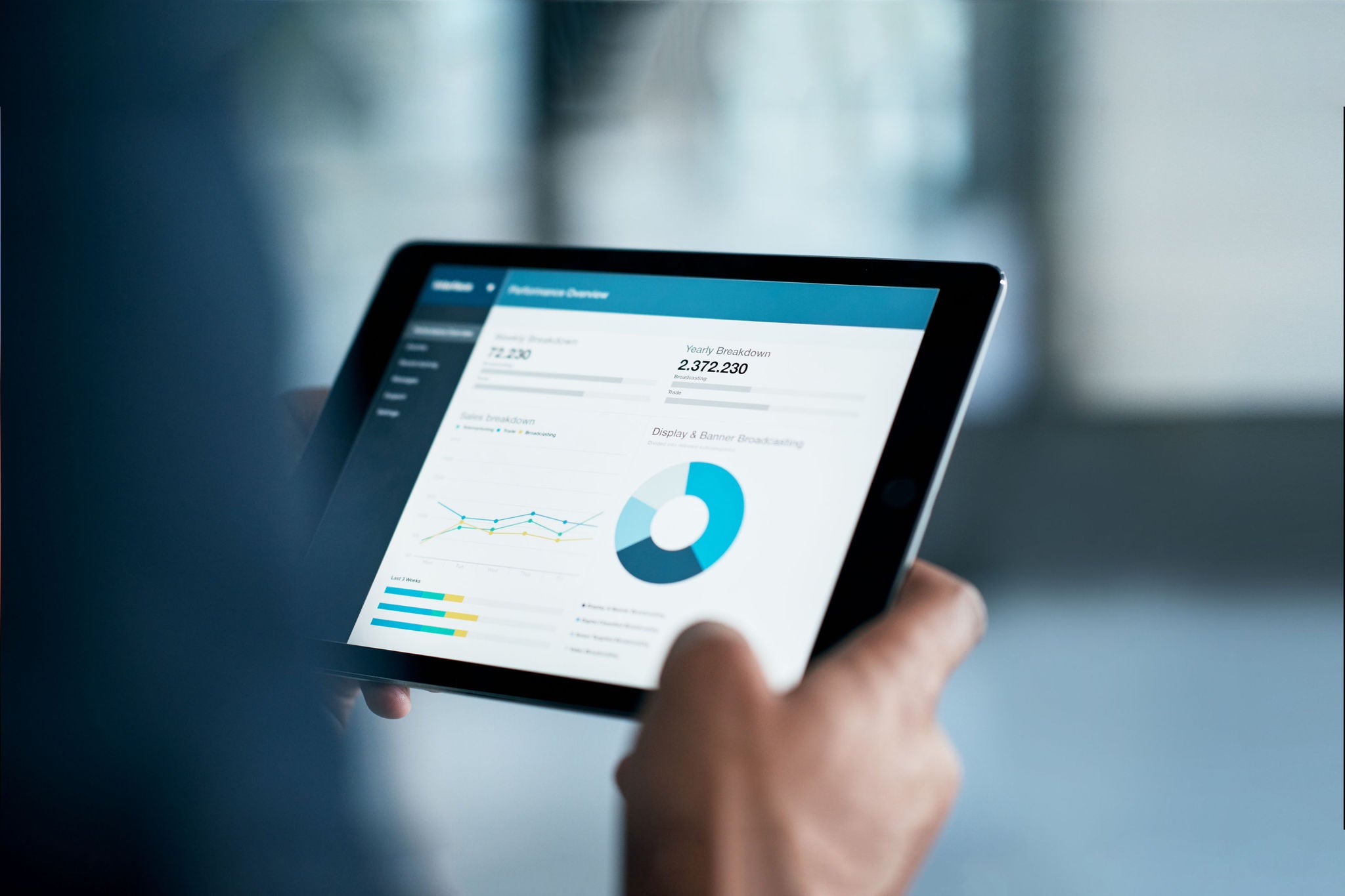EY refers to the global organization, and may refer to one or more, of the member firms of Ernst & Young Global Limited, each of which is a separate legal entity. Ernst & Young Global Limited, a UK company limited by guarantee, does not provide services to clients.
How EY can help
-
EY IA services can help your business define the IA vision to create value from thought leadership, digital insights, and risk management. Learn more.
Read more
Kraft Heinz Global Internal Audit (GIA) engaged EY to transform their internal audit data risk analytics program in order to mine better risk insights from more real-time data. EY Risk Navigator is an SAP-powered platform built by EY. It combines SAP solutions and technology with EY intellectual property to help companies continuously monitor and manage risk.
Together we leveraged EY Risk Navigator as the basis for building risk analytics capabilities within Kraft Heinz. Now, the Kraft Heinz internal audit function can leverage real-time analytics to create a more efficient audit process, as well as delivering enhanced risk coverage and value.
“Our first goal was to create a more efficient and risk-based internal audit process by enabling the KH GIA team to have access to real-time risk analytics. But we also wanted to find ways for the organization to leverage these risk analytics to better mitigate risk and enhance standardization of business processes,” explains Mike Rambasek, Partner, Business Consulting, Ernst & Young LLP.







